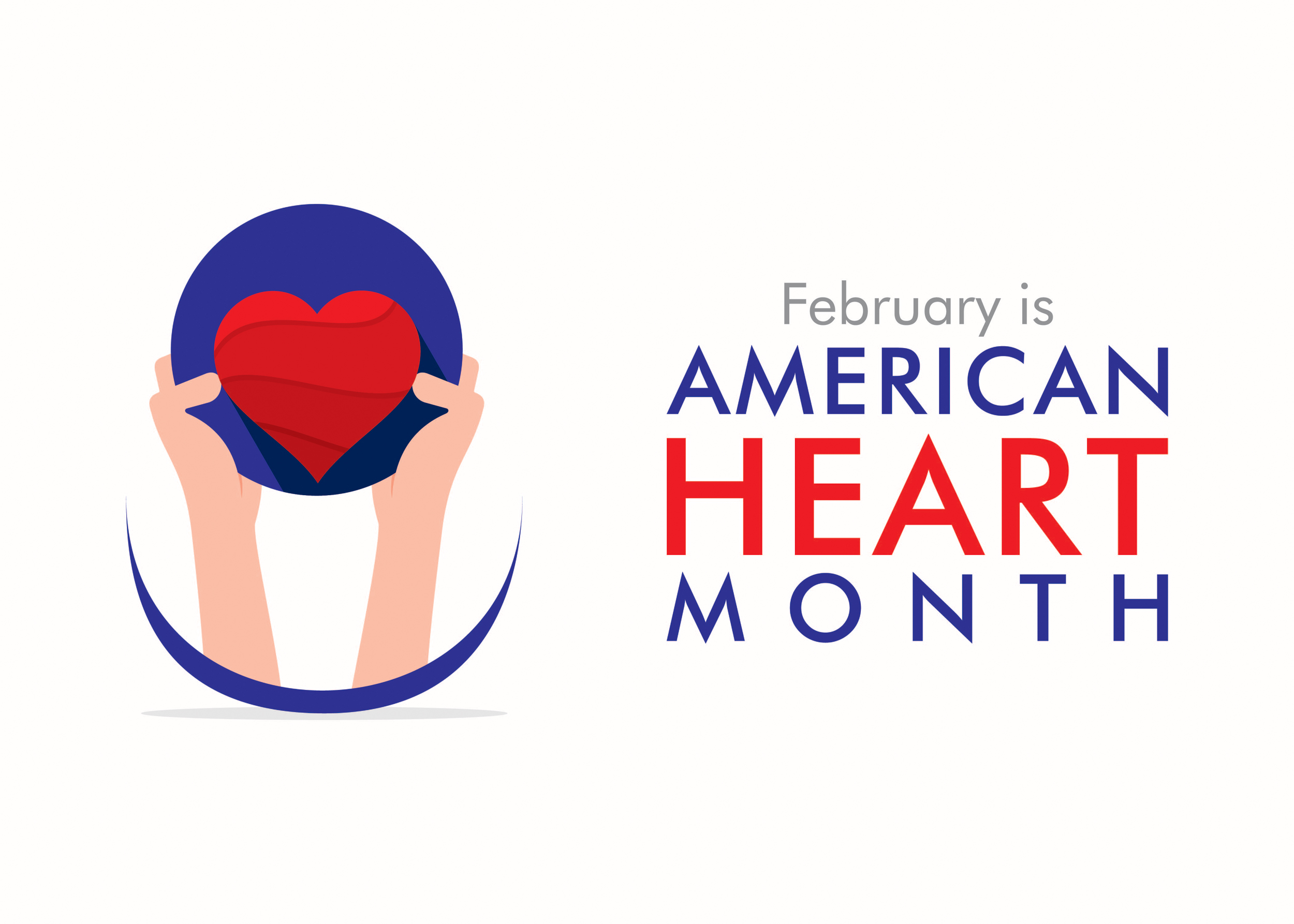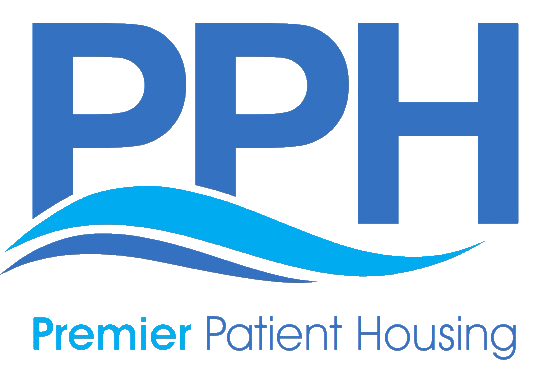February is American Heart Month

February is American Heart Month. Premier Patient Housing encourages all Americans to take control of their heart health by being proactive about monitoring their blood pressure and making healthy lifestyle changes. Here are 5 ways you can significantly improve your heart health and reduce your risk of stroke or a heart attack.
Yearly checkup
Check-in on your heart by visiting your primary care doctor at least once a year. Your doctor will be able to test your blood pressure, cholesterol, glucose levels, and your weight. Each test is vital in analyzing your heart’s health. Once you receive your results, your doctor will be able to offer medication and advice to improve or maintain a healthy heart.

Work out
You don’t have to join a gym to take care of yourself but you do have to be more physically active. The average adult should at least work for about 30mins a day. It doesn’t seem like a lot but it can truly make a difference. The next time you find yourself watching your favorite 30 minute TV show, jog in place or take a medium to heavy paced walk around your neighborhood. You can even listen to your favorite playlist as you head outside. The idea is to get your heart pumping.
Eat Healthily
There are small changes you can make to your diet to help promote a healthy heart. The first is to reduce your processed food intake. Processed foods are infamous for having added sodium and sugar that can directly impact your heart health. Make real, whole foods like vegetables, fruits, nuts, grains, eggs, milk, meats, and milk the base of your diet. Challenge yourself to eat a plant-based meal a few times a week. These small changes can not only improve your heart but give you that always needed added energy you need to make it through a long day.
Drink water
You may be thinking, how does water help my heart? Your heart is continuously pumping blood all day and just like you when you are working out, by staying hydrated, your heart can pump much easier. Dehydration can strain your heart‘s blood flow and to compensate, your heart will increase your heartbeat. This can be dangerous especially for individuals with established heart issues. Help your heart take care of your body by simply drinking water throughout the day. No one person is the same but on average, it is recommended to drink 8 glasses of water every day. If you are diabetic, overweight, or have heart disease, talk to your doctor about your water intake and what your water intake should be.
Quit smoking
Smoking not only affects your lungs but it contains chemicals and other substances that can affect your heart and blood vessels. Effects include taking the “good” cholesterol away from your blood, raising your blood pressure, raising risks for clots, and lowering your ability to exercise. Talk to your doctor about the best ways to stop smoking. Making this change can drastically change your heart health. Remember, if you give up smoking, after one year, your risk of heart disease reduces to about half of someone who still smokes.

Remember to reach out to a medical professional to ensure you and your loved ones are taking care of your heart. Early detection is always critical when maintaining a healthy lifestyle. If you already find yourself diagnosed with a heart issue and feeling anxious, talk to your doctor and learn about support programs that can help you live a healthier lifestyle.
